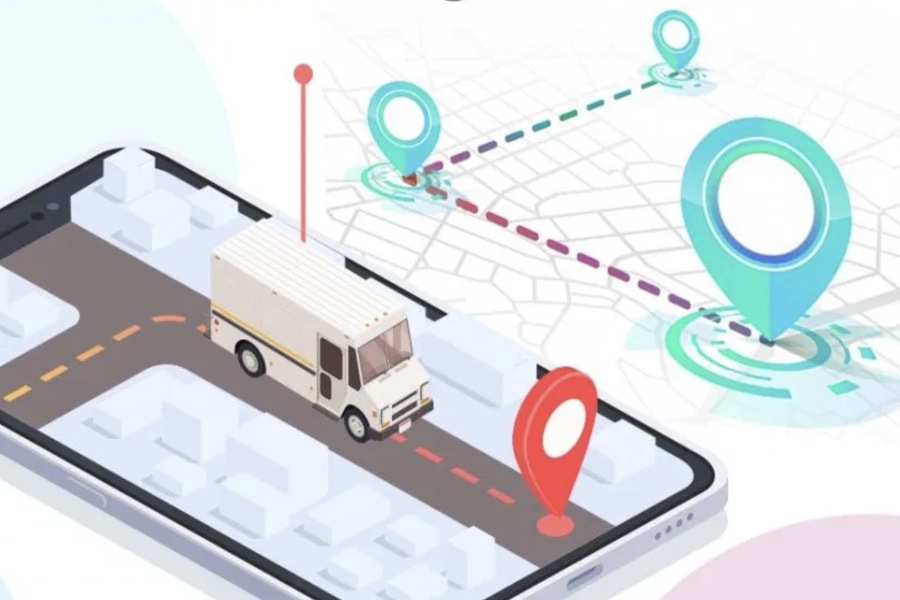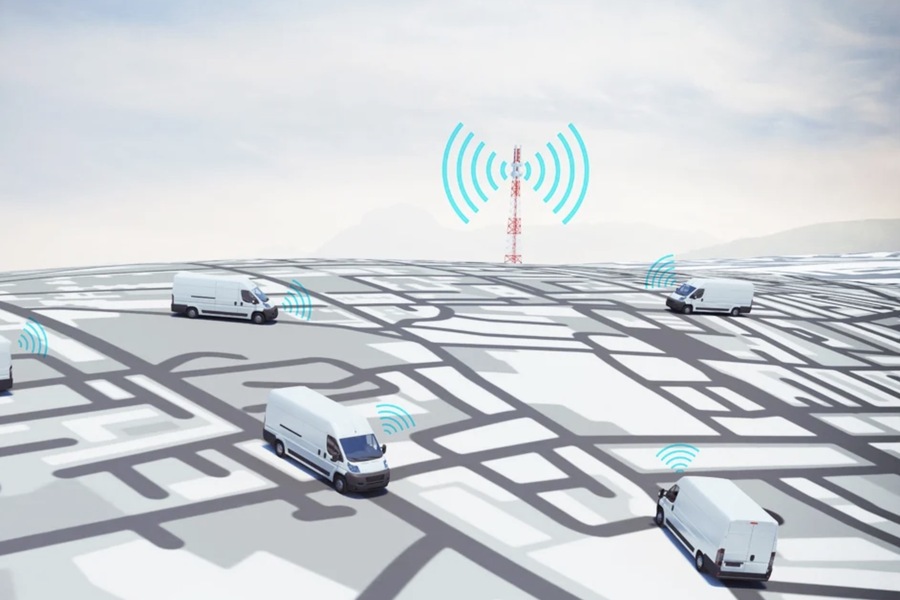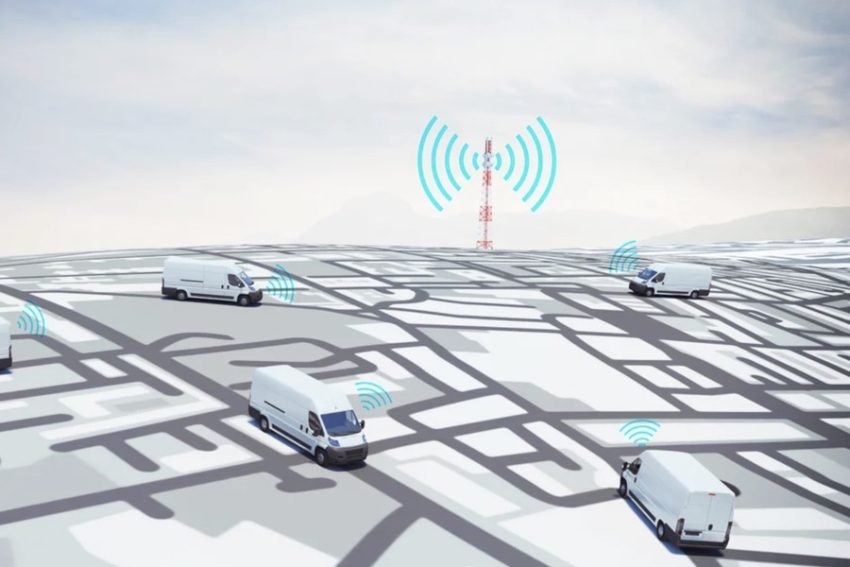In today’s fast-paced world, efficiency, accuracy, and seamless logistics are the cornerstones of successful businesses. Technology is revolutionizing how businesses interact with the consumer market, from ensuring on-time deliveries to optimizing supply chain operations. GPS fleet management is at the forefront of this transformation, a powerful tool reshaping global industries. Its integration into the consumer market has streamlined operations and become the backbone of consumer-centric sectors, ensuring customer expectations are consistently met.
Page Content
Revolutionizing Global Logistics
Global Positioning System (GPS) fleet management systems make real-time fleet administration and monitoring possible. This feature is essential for industries that depend on logistics and transportation, such as supply chain management, food delivery, and e-commerce. According to estimates, the global fleet management market was worth around $19 billion in 2023, and it is expected to increase at a compound annual growth rate (CAGR) of 15.8% between 2024 and 2030. These figures demonstrate that GPS fleet management systems are crucial to the worldwide economy.
E-commerce: The Game-Changer
The e-commerce boom has placed immense pressure on logistics providers to deliver goods faster, cheaper, and reliably. Prominent corporations such as Amazon and Alibaba extensively utilize GPS fleet management systems to oversee vehicle locations, forecast delivery timelines, and optimize routing strategies. Integrating real-time updates significantly enhances operational efficiency and increases customer satisfaction by precisely tracking delivery information.
Research demonstrates that 87% of consumers are more inclined to purchase from companies offering real-time delivery tracking services. GPS technology ensures that last-mile delivery, which often represents the most challenging aspect of logistics, is conducted seamlessly, minimizing delays and reducing costs.
Sustainability Through Optimization
With global concerns about climate change, industries are under pressure to adopt sustainable practices. GPS fleet management systems contribute substantially by cutting pollutants and fuel use. Vehicles with optimized routes drive fewer miles and spend less time idling, which reduces their carbon impact.
According to a Frost & Sullivan survey, companies that used fleet management solutions saw an average 15% decrease in fuel usage. Lowering fleet utilization rates can also reduce the number of cars on the road, further supporting environmental sustainability.

Improving Security and Adherence
GPS fleet management solutions also address the crucial issue of safety. By monitoring driver behavior, these systems reduce reckless driving, ensure speed restrictions are followed, and lower the likelihood of accidents. Fleet managers can receive alerts about harsh braking, rapid acceleration, or unauthorized vehicle use, allowing for immediate corrective actions.
Moreover, regulatory compliance has become increasingly stringent across industries. GPS fleet management helps businesses maintain digital logs of vehicle usage, fuel consumption, and maintenance schedules, simplifying compliance with government regulations.
Data-Driven Decision-Making
One of the most valuable benefits of GPS fleet management systems is their ability to generate actionable insights. Advanced analytics tools integrated with these systems provide businesses with data on fuel efficiency, maintenance needs, and operational bottlenecks.
For example, predictive analytics can identify patterns in vehicle breakdowns, enabling preemptive maintenance. This reduces downtime, ensures fleet reliability, and can lower overall maintenance costs by up to 30%.
Consumer-Centric B
The ripple effect of GPS fleet management extends beyond businesses to consumers. Real-time tracking, timely deliveries, and reduced costs enhance customer experiences. For instance, food delivery services leverage GPS to provide accurate delivery times, ensuring hot and fresh meals reach customers’ doorsteps.
Additionally, the transparency offered by these systems builds trust. Consumers can monitor their orders, receive updates, and even provide feedback based on delivery performance. This transparency makes brands stand out in a crowded market, increasing consumer loyalty.

Difficulties and the Path Ahead
Despite their benefits, GPS fleet management systems are difficult to implement. Data security issues, high startup costs, and the requirement for qualified staff to administer these systems all put off smaller companies.
Technological developments, however, are overcoming these obstacles. GPS fleet management is now more affordable for small and medium-sized businesses thanks to cloud-based solutions and subscription arrangements. Furthermore, the sector is expected to transform by integrating machine learning (ML) and artificial intelligence (AI), providing even more predictive and precise capabilities.
The global market for AI-driven fleet management systems is expected to exceed $45 billion by 2030, underscoring the technology’s growing importance.
Conclusion
As the back global consumer market, GPS fleet management systems are indispensable. From optimizing logistics and reducing environmental impact to enhancing safety and consumer satisfaction, these systems provide a comprehensive solution for modern business challenges. In an era when customer expectations are at an all-time high, adopting GPS fleet management is not just an option—it’s a necessity. As technology continues to evolve, businesses that invest in these systems will not only stay ahead of the curve but also redefine consumer experiences in ways previously unimaginable.
Baseball fan, coffee addict, audiophile, hand letterer and front-end designer. Performing at the crossroads of design and sustainability to develop visual solutions that inform and persuade. My opinions belong to nobody but myself.


